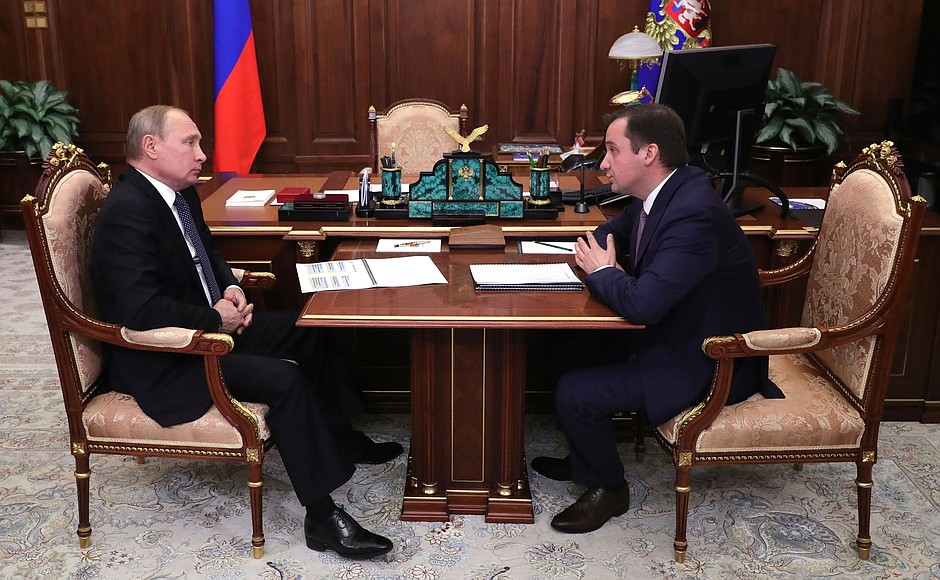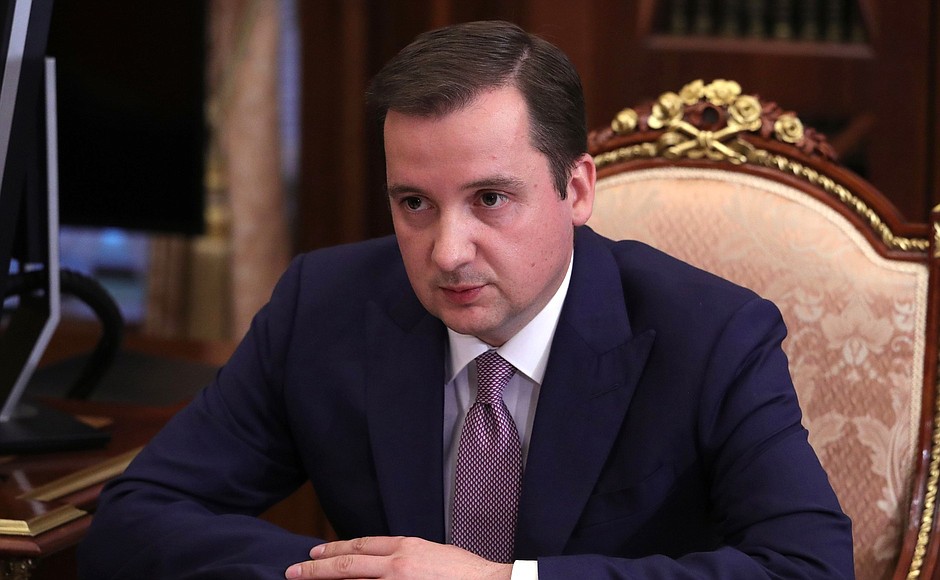According to Alexander Tsybulsky, 2015 and 2016 were marked by a decline in revenues amid the changes in the oil market. Now the region has managed to improve the situation with regard to both the regional budget and the renewal of initiatives for economic growth, and restored some social payments for especially needy groups, which, unfortunately, had to be suspended due to budget constraints. According to the acting governor, the region has reached a stable trajectory of economic growth.
Housing construction is being resumed. This is an extremely pressing issue for the region, since more than 100,000 square metres of existing residential housing were declared dilapidated or hazardous. Last year, about 15,000 square metres were built. From next year, the plan is to steadily build 25,000 square metres per year and further increase the pace of housing construction.
Other social infrastructure problems are also being addressed. Next year, new facilities, schools in particular, will be opened. This primarily concerns rural areas, where these issues are particularly acute.
As for healthcare, Alexander Tsybulsky said the programme for building rural medical assistance centres is underway. In his opinion, there is no economic or social reason to build a high-tech medical centre in the region, given the small population.
On the other hand, it is important to develop competence in diagnostics, because first of all patients should be accurately diagnosed, and then sent to other centres where the best competencies in the country are concentrated.
The Nenets regional hospital should develop primarily as such a diagnostic centre. Mr Tsybulsky asked the President for support at the federal level for the completion of the hospital and its infectious disease department.


